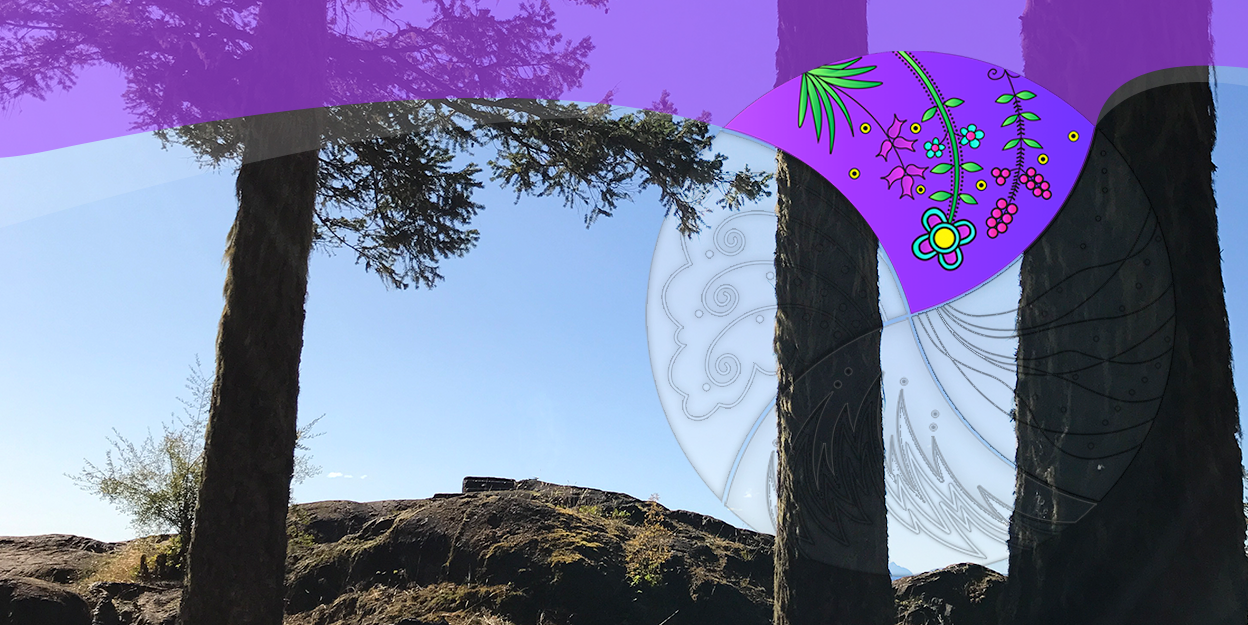Project Brief
This project explored intersectoral leadership and strategies being used by Negotkuk (Tobique First Nation (TFN)) to implement renewable energy projects in their community. A key objective of the project was to examine how their strategies align or conflict with renewable energy development in New Brunswick (NB) at the legislative and regulatory levels, in addition to examining if there are potential gender-based inequities in leadership, participation, and benefits.
The project also explored how renewable energy strategies being pursued between TFN and the province of NB contribute to healthy relationships both within TFN and among other First Nations in the province, with particular attention paid to the impacts of development across genders and the lifespan of the project.
To do this, the team conducted interviews with TFN leadership, other First Nation leadership in the province, and government and industry representatives. The team also worked with a Community Advisory Group to develop a Wolastoqiyik Cultural Framework that guided the team as they developed an environmental health survey instrument to establish and analyze baseline data to monitor the health of Tobique First Nation as renewable energy development projects are implemented. A highlight of the project was the delivery of an outreach project for youth in the community to get them engaged in renewable energy projects and to begin connecting the importance of sustainable energy and individual and community well-being.
Members of the We Lived This Way Before team. From top left: Chad Walker, Asha Bear, Tanna Pirie-Wilson (Community Co-Lead), Jennifer Sappier, Ramona Nicholas. Photo credit Diana Lewis
Project team meeting. Photo Credit Diana Lewis
Tobique First Nation – We Lived This Way Before Team. Photo Credit: Dee Lewis
